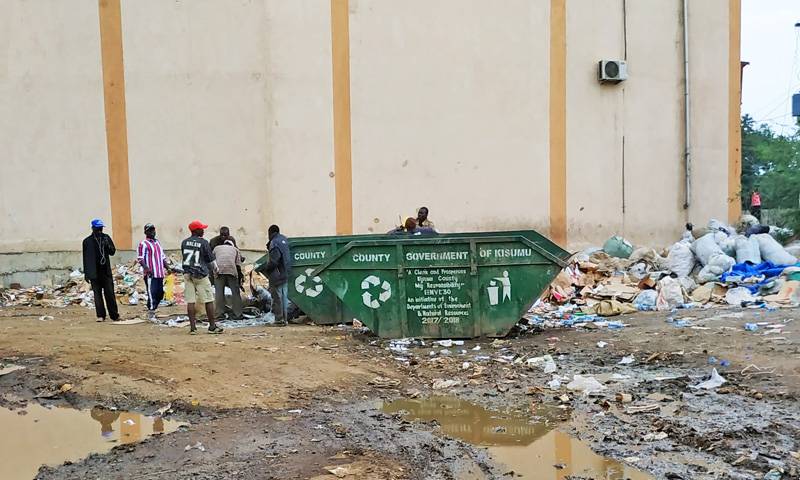Nici Zimmerman and a team led by Professor Mike Davies are working with six partner cities to guide development that is not only sustainable but delivers positive urban health outcomes.

Dr Nici Zimmermann, Associate Professor at The Bartlett’s Institute for Environmental Design and Engineering, is working with collaborators from the African Population and Health Research Center and Maseno University, as well as a diverse group of stakeholders, including the Kisumu County Government, NGOs, CBOs, residents and industry representatives, to find a cross-sectoral solution to the issue of waste management. It is part of CUSSH, a four-year Wellcome Trust-funded project, which has been set up to deliver key global research on the systems that connect sustainable development and health. Zimmermann and CUSSH are combining these two elements because “often things are looked at isolation, but we think the issues are complex and we embrace that complexity.”
According to CUSSH, to date, no city has succeeded in implementing a pathway of development that is consistently and demonstrably on track to deliver long-term environment and health goals that fulfil both local needs and the increasingly urgent imperatives for planetary health. The team is working with six partner cities of varying size, location and income: London (UK), Rennes (France), Beijing and Ningbo (China), Nairobi and Kisumu (Kenya).
“The reason for focusing on cities is because that’s where most of the world’s population lives, and they’re growing, so cities are a leverage point for climate-change improvements."
Dr Nici Zimmermann
As CUSSH publishes its case studies, “we look for local as well as transferable insights to the other cities.” The diverse team includes members with health and diverse modelling backgrounds, systems and behavioural scientists. “In general terms, we hope to support the partner cities in developing more ambitious, integrated policies,” says Zimmermann.
In Kisumu, the team is helping the planning department to apply to the Green Climate Fund, which aims to assist developing countries in adapting and mitigating practices to counter climate change. Only 25–35% of waste in the city is collected, so CUSSH is focusing on waste management, and is investigating waste-to-energy solutions, such as whether biogas from household and market waste could be used to produce electricity. Zimmermann visited one such trial in Kisumu in July 2019 and says that the next steps in collaboration with Kenyan colleagues from the Kisumu county government, the African Population Health Research Center and Maseno University, are to investigate what might be viable options for upscaling this.
Zimmermann also visited a group of waste scavengers, who search the waste dumped in skips for plastics, which they then sell for recycling. “For two kilos of plastic, they get about 10 pence – about the price of an egg. When I asked what would improve their situation, they said, they want more waste to be brought to the skips,” she says.
“Waste management in the city is a very complex issue and the visit made us all aware how careful we need to be about potential unintended consequences in our work.”
 Close
Close

